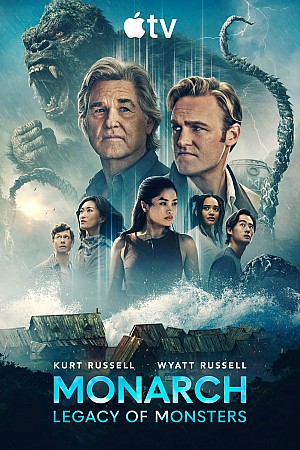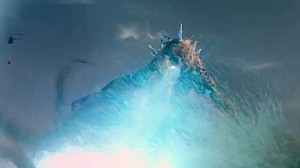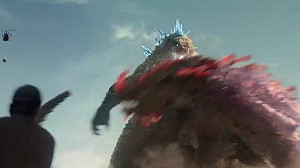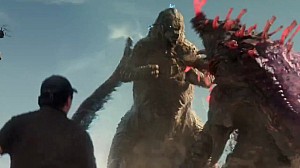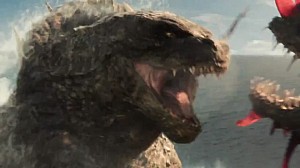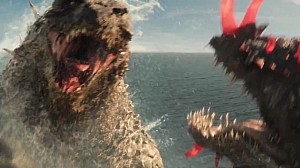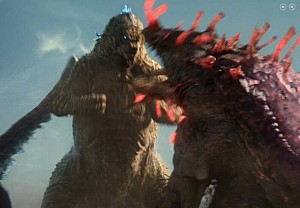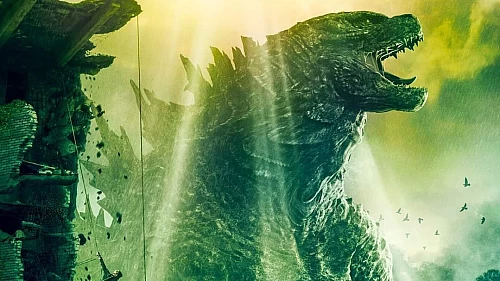Science fiction has a long history, dating back to the 17th century. It's been used as a tool for social commentary and satire, exploring new ideas, examining the human condition, and creating hope. Today science fiction is popular in modern society with some examples from movies and TV shows
Science Fiction literature is often said to have four basic purposes: entertainment (to delight or frighten readers), education (to teach about things not known or understood), prediction of future things that are possible but not yet realized in real life, and speculation on how changes might be brought about by scientific or other technological advances
Entertainment
Science fiction literature is meant to entertain. Sometimes the scope of the story is limited to individual characters and their personal challenges, but it can also be set in a larger universe with an epic scale. Science fiction, in this case, is a form of fantasy - the larger scope allows for more imaginative concepts, including magic and other fantastic entities. And while it's not always possible to predict what will delight or frighten future audiences, science fiction frequently contains elements that are familiar enough to be easily recognized. In other words, it has to seem believable, even if the events in the story are not possible in real life. Humour is also a common element, which can be used to make an otherwise serious topic more accessible to readers
In some cases, science fiction literature might seek to frighten readers by describing frightening or repulsive creatures or settings. In addition to entertaining, this might aim at warning readers of real-world threats. For example, a story might describe a virus that can spread rapidly and cause a great deal of destruction before being discovered and contained
Education
Science fiction literature is meant to teach about things which are not known or understood. For this reason, science fiction often involves a great deal of world-building. In the course of developing stories and characters, authors will also establish notions of how societies function, what kinds of technology exist, what laws govern physical interactions between objects and people - essentially any aspect of life which is different from the reader's contemporary reality.
There are several ways in which authors might teach about these things. Characters in science fiction frequently find themselves in situations where they need to make use of new knowledge or technology, and their learning experiences allow readers to understand how such things work by actually encountering them - rather than simply hearing description or being told how to use them. It's quite common for stories to include characters who are experts in some area, and who exist as sources of knowledge for other characters - so readers can simply "listen in" on the information given.
Prediction
Science fiction literature is meant to predict things that might happen in the future, if certain assumptions are true. Of course, it's possible for a story to describe possibilities which are not actually based in real-world science, so an author might have to state up front whether there is solid evidence for their claims. Otherwise, readers will be reluctant to take them seriously
For example, stories describing machines capable of faster-than-light travel or teleportation are based on the assumption that it will be possible to circumvent the speed of light. This is currently a widely-accepted theory, and so stories describing such things have a good chance of being believed by readers. Alternatively, if an author wants to describe a machine which warps space in order to move between two points without passing through the intervening space, they should be able to provide evidence that other-dimensional travel is possible. Otherwise, readers are unlikely to take such things as science-fiction, more like a futuristic fantasy.
Speculation
Right now we have various theories that if solved will head start the new technology era on Earth. That is why many authors try to find some kind of solution and then show us how in their opinion would this new technology change life on Earth. This is a key point of science fiction, which speculative authors use to create their stories and come up with the ideas that might take shape in the future. That is why we can see the pictures that are not common to see in our reality. For example, gambling in places where this is illegal, for example many Asian countries, except from for example online casino in India which is something you can have now, but more like gambling in Chinese or Japanese in cyberpunk theme.
Conclusion
Science fiction seeks to answer the question, "what if?" While these stories may be purely imaginative creations with no basis in practical reality, they can still provide valuable insight into real-world problems and inspire people to think about alternative solutions. Perhaps more importantly, they can also warn readers of potential dangers. In many cases, authors do choose to include explanations of the science involved in their stories - which can be helpful for readers who want to understand what is being described. In any case, it's clear that science fiction has a lot to offer in terms of entertainment and education.
Get the latest news and updates on Toho’s upcoming Godzilla projects delivered to your social media feeds by following us on X, on Instagram and liking our Facebook page!
About Godzilla Minus Zero
Godzilla Minus Zero is the next Toho Godzilla movie coming to theaters November 6th, 2026 (Nov. 3rd in Japan)! Like Godzilla Minus One, the next film is again written and directed once again by the talented Takashi Yamazaki.

Godzilla Minus Zero will release 3 days earlier in Japan than in North America!
Toho will release Godzilla Minus Zero three days earlier in Japan than in North America, arriving November 3rd, 2026!

CONFIRMED: The Godzilla Minus Zero release date is November 6th, 2026!
As we reported, the June 2026 release date was WRONG – Toho have officially confirmed the real release date for Takashi Yamazaki's Godzilla Minus Zero.

New Godzilla console games are scheduled to arrive before 2028!
Toho are planning to release new Godzilla console games within the next 2 years!




